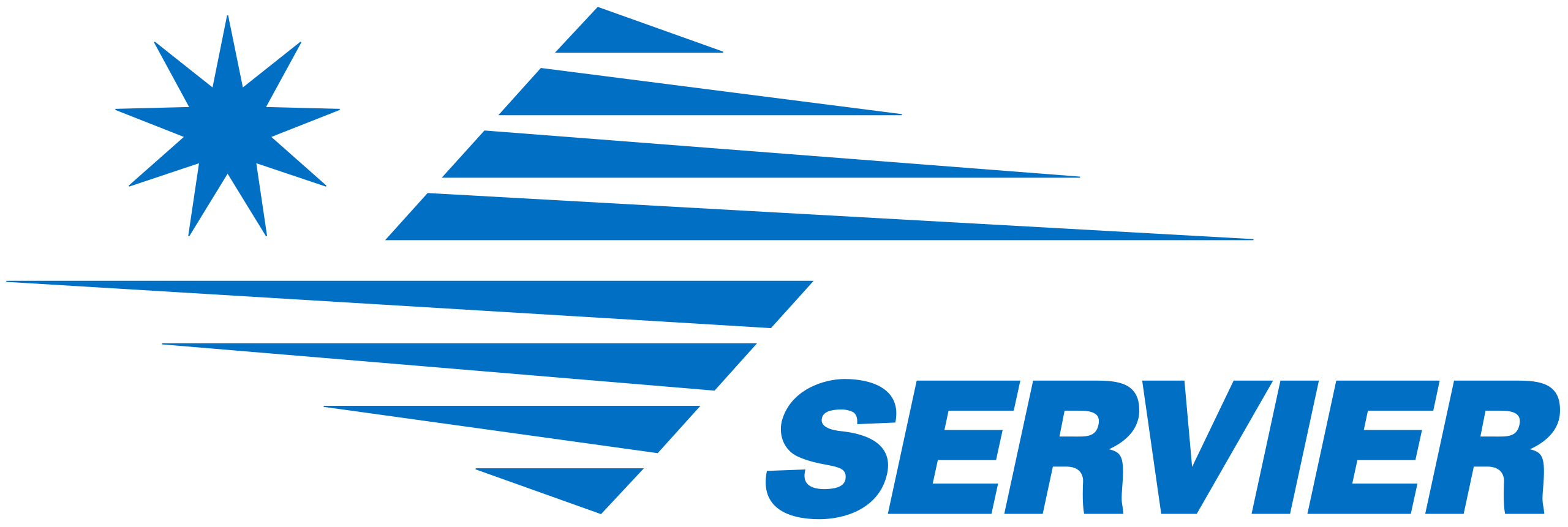Go back to trials list
An Investigator-Sponsored Randomized Phase II Study of Selinexor in Combination With Induction/Consolidation Therapy in Acute Myeloid Leukemia Patients
Description
This pilot phase II trial studies how well selinexor works when given together with induction, consolidation, and maintenance therapy in treating older patients with acute myeloid leukemia. Selinexor may stop the growth of tumor cells by blocking some of the enzymes needed for cell growth. Drugs used in chemotherapy, such as cytarabine and daunorubicin hydrochloride, work in different ways to stop the growth of cancer cells, either by killing the cells, by stopping them from dividing, or by stopping them from spreading. Selinexor with induction, consolidation, and maintenance therapy may kill more cancer cells in older patients with acute myeloid leukemia.PRIMARY OBJECTIVES: I. To compare the overall survival of patients receiving the proposed study regimen versus standard of care (defined as time from randomization to death from any cause). SECONDARY OBJECTIVES: I. To compare the response rate (Complete remission (CR), complete remission with incomplete count recovery (CRi) as per
Trial Eligibility
Inclusion Criteria: * Patients must have histologically or cytologically documented newly diagnosed de novo Acute Myeloid Leukemia (non-APL) that has not yet been treated. Hydrea and ATRA previous treatments are acceptable. * Patients with core binding factor acute myeloid leukemia (AML) (ie AML with t(8;21) or t(16;16) or i16) are not eligible. * Patients must not have a secondary AML (defined as a history of prior radiation therapy or systemic chemotherapy, CMML or MDS not treated with a hypomethylating agent) however history of previous MDS treated with a hypomethylating agent IS allowed. * Patients with de novo AML must not have partial or total monosomy 5 or 7 or i(17q) or t(17p). Negative FISH studies are sufficient for enrollment. * Patients ≤60 years of age must not have mutated FLT3 (either ITD OR TKD mutations). For patients \>60 years of age FLT3 status is not required to be known and if older than 60 years of age FLT3 mutated patients are eligible. * Hydroxyurea or cytarabine may be used to control leukocytosis, provided that it is without Grade \>2 non-hematologic toxicity, and can be taken until start of therapy. * Age \>18 years. * ECOG performance status of ≤ 2 and fit for induction therapy in the opinion of the treating physician. * Laboratory values ≤2 weeks must be: * AST(SGOT)/ALT(SGPT)≤ 2.5 X institutional upper limit of normal * Bilirubin ≤ 2 X ULN (3X if known history of Gilbert'syndrome) * Creatinine clearance (CrCl) must be \> 20 mL/min * Baseline left ventricular ejection fraction of at least 40% by MUGA or ECHO. * Female patients of childbearing potential must agree to use 2 methods of contraception (including 1 highly effective and 1 effective method of contraception) and have a negative serum pregnancy test at Screening. Male patients must use an effective barrier method of contraception if sexually active with a female of childbearing potential. For both male and female patients, effective methods of contraception must be used throughout the study and for 3 months following the last dose of study treatment. * Ability to understand and the willingness to sign an IRB-approved informed consent document. Exclusion Criteria: * Patients who have received any therapy other than hydroxyurea or ATRA with the purpose of treating their AML or patients with core binding factor AML or Acute Promyelocytic Leukemia are not eligible. * Patients with a secondary AML (defined as a history of prior radiation therapy or systemic chemotherapy, CMML or MDS not treated with a hypomethylating agent) however history of previous MDS treated with a hypomethylating agent IS allowed. * Patients having received prior radiotherapy, treatment with cytotoxic agents, treatment with biologic agents or any anti-cancer therapy for a non-AML malignancy within the 4 weeks prior to treatment with selinexor, or those who have not fully recovered from the acute, non-hematological, non-infectious toxicities of any prior treatment with cytotoxic drugs, radiotherapy or other anti-cancer modalities (returned to baseline status as noted before most recent treatment). * Patients with another active malignancy that requires treatment excluding non-melanoma skin cancers. * Patients that have received a chemotherapy regimen with stem cell support in the previous 6 months. * Patients with known central nervous system involvement should be excluded from this clinical trial because the penetration of selinexor into the CNS is not currently known. * History of allergic reactions attributed to compounds of similar chemical or biologic composition to selinexor. * Uncontrolled concurrent illness including, but not limited to symptomatic congestive heart failure, unstable angina pectoris, or cardiac arrhythmia * Psychiatric illness/social situations that would limit compliance with study requirements. * Patients with known HIV infection or hepatitis (Note: Patients with known HIV infection are excluded because patients with an immune deficiency are at increased risk of lethal infections when treated with marrow-suppressive therapy. * Pregnant women are excluded from this study because of the potential for teratogenic or abortifacient effects. Because there is an unknown but potential risk for adverse events in nursing infants secondary to treatment of the mother, breastfeeding should be discontinued. * Patients unable to swallow tablets, patients with malabsorption syndrome, or any other GI disease or GI dysfunction that could interfere with absorption of study treatment * Prior exposure to a SINE compound
Study Info
Organization
Wake Forest University Health Sciences
Primary Outcome
Overall survival
Interventions
Locations Recruiting
Comprehensive Cancer Center of Wake Forest University
United States, North Carolina, Winston-Salem
Virginia Commonwealth University Massey Cancer Center
United States, Virginia, Richmond
Interested in joining this trial?
Our dedicated patient navigators are here to support you by reviewing the eligibility criteria to see if you might qualify for this trial.
Get the latest thought leadership on your Acute Myeloid Leukemia delivered straight
By subscribing to the Healthtree newsletter, you'll receive the latest research, treatment updates, and expert insights to help you navigate your health.
Thanks to our HealthTree Community for Acute Myeloid Leukemia Sponsors:




